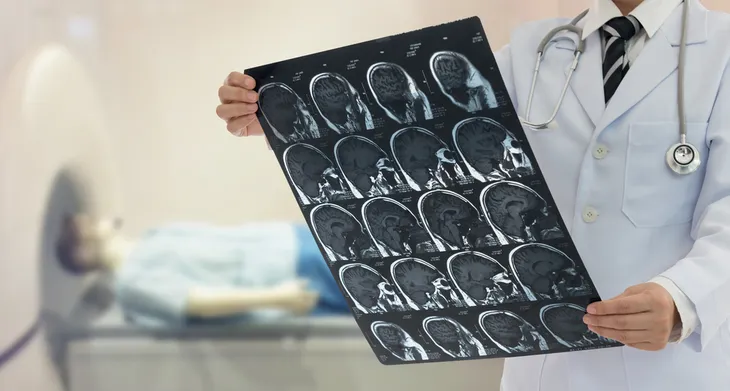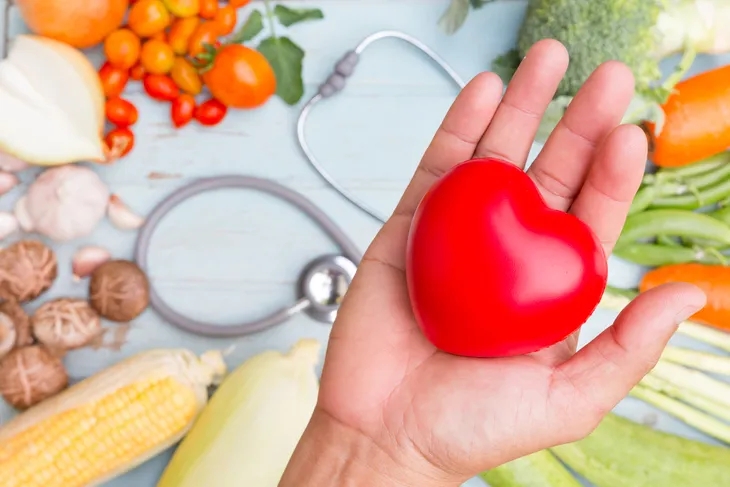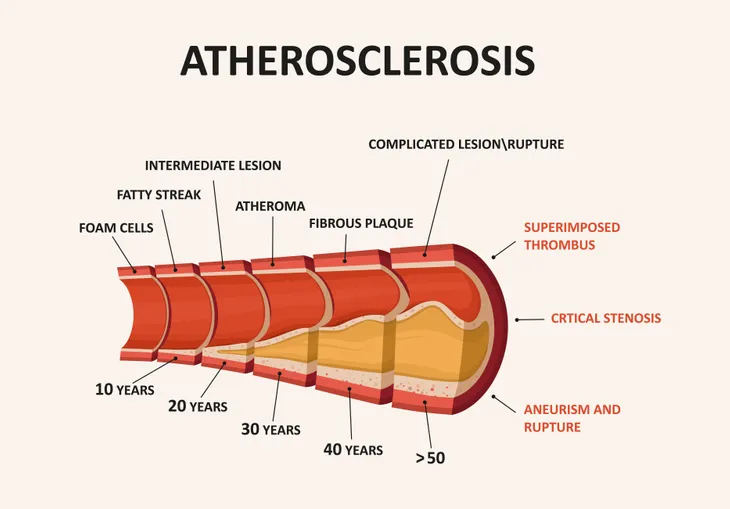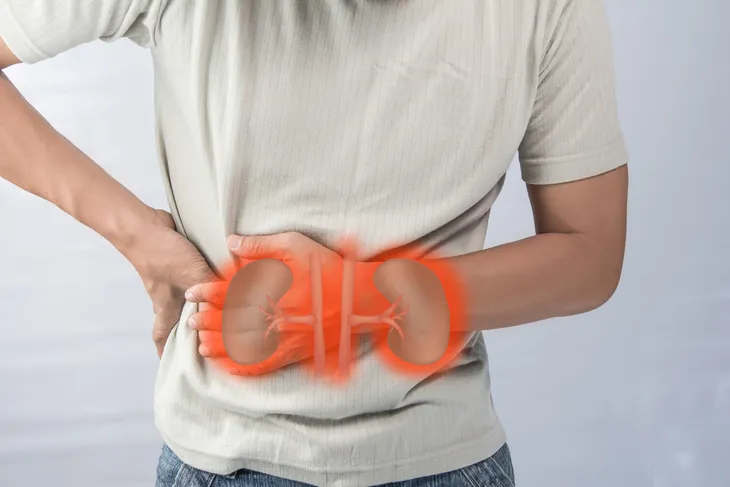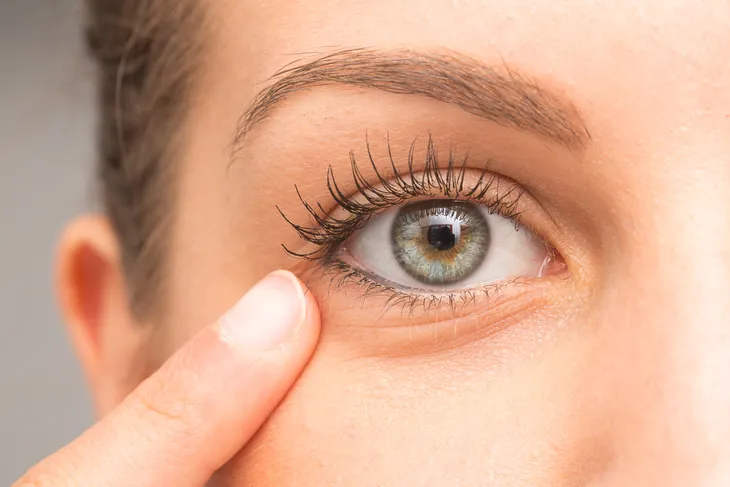Hypertension, otherwise known as high blood pressure, is a serious concern for tens of millions of American adults. But what, exactly, does it mean? Few people realize that blood pressure simply refers to the pumping of the blood against blood vessels in the body. The force that’s created is critical in helping get blood to all of the major organs, bringing with it nutrients and oxygen.
High blood pressure, which involves having too much pressure in the blood vessels, is a problem because it means that your blood vessels can become damaged, leading to an array of health issues. Typically, high blood pressure emerges later in life, but it can become a problem for anyone. To take action against hypertension, it’s important to know some of the complications that can result from high blood pressure…
Stroke
Along with heart attacks, stroke is a common side effect of high blood pressure (hypertension). A stroke can take place when the flow of blood to one of the body’s most important organs, the brain, is restricted to the point where areas of the brain don’t receive enough blood and becomes damaged. Because high blood pressure directly affects the flow of blood to the brain, people with hypertension are several times more likely to suffer a stroke.
If you have high blood pressure, it’s critical that you and those around you recognize the signs of an impending stroke, including slurred speech and blurry vision. If you begin to experience these symptoms, or someone with you notices you acting strangely, contact emergency services immediately.
Heart Disease
Because hypertension is related to struggles in having blood flow to all of the parts of the body, it makes sense that this condition would have a significant impact on the heart. In fact, heart disease is the primary cause of death related to high blood pressure. There are many different forms of heart disease; if you have hypertension, it’s important to know which ones may affect you.
If hypertension becomes an acute problem, heart failure may be a possibility. Symptoms of heart failure include difficulty breathing, swelling in the lower extremities and abdomen, bloating, upset stomach, and difficulty sleeping. Fatigue and bladder control problems may also be directly associated with heart problems linked to hypertension.
Diabetes
Unlike many other conditions caused by high blood pressure, diabetes can be the result or the cause. In other words, diabetes can lead to high blood pressure or it can be the outcome of hypertension.
The problem is that diabetes and hypertension can both affect how blood and nutrients are circulated throughout the body. Often, diabetes is worsened by hypertension because high blood pressure places pressure on organs already affected by diabetes, such as the kidneys and eyes. The good news is that an early diagnosis and strict diet regimen can prevent either condition from getting out of control.
Atherosclerosis
This condition, which emerges when high blood pressure goes without any significant treatment, is considered particularly troublesome. That’s because atherosclerosis, which is the hardening of the arteries, can lead directly to coronary artery disease.
If left untreated, atherosclerosis can lead to the blocking of the arteries, making blood flow especially difficult. That places extra pressure on the heart, which has to work harder to get blood to the necessary organs. In many cases this can result in serious heart problems, including heart attacks.
Kidney Disease
The kidneys, which are located along the sides of your back, are designed to help filter waste products out of your system, keeping your body functioning just as it should. Hypertension can negatively affect this function by restricting proper blood flow to the kidneys. Over time, this can lead to significant kidney damage.
If the kidneys begin to break down, waste and extra fluid are not properly removed from the body. This can lead to a range of serious health issues. In cases where high blood pressure is an especially visible problem, the arteries around the kidneys can harden and narrow, making it impossible for nutrients to reach them and seriously limiting the kidneys’ ability to function. In time, the kidneys may stop functioning altogether, thereby leading to a need for dialysis or transplant.
Eye Disease
We rarely think of our eyes when we hear the words “high blood pressure,” but hypertension can have a direct impact on how our eyes function. That’s because high blood pressure, which can restrict blood flow to any and all parts of the body, can lead to the damaging of the blood vessels in the retina, which plays an important part in helping us see.
Those with high blood pressure who develop eye problems are often diagnosed with hypertensive retinopathy. This can lead to swelling in the eye and significant vision problems, including the seeing of spots. Drugs designed to treat hypertension can have a notable effect on reducing the symptoms associated with hypertensive retinopathy.
Preeclampsia
High blood pressure that emerges prior to or during pregnancy can result in a condition known as preeclampsia. It is not to be confused with gestational hypertension, which is a more common elevation of blood pressure usually occurring during the second or third trimester.
Preeclampsia, if it does emerge during pregnancy, must be carefully monitored because it could prevent the unborn child from getting the blood and oxygen it needs to ensure healthy development. The mother, meanwhile, could see preeclampsia damage her liver, kidneys, even brain. Serious cases of preeclampsia can include seizures that could cause significant health damage to the mother or unborn child.
Erectile Difficulty
High blood pressure, or hypertension, is a serious concern for many older adults. In men, it can present serious lifestyle challenges, from making it more difficult to be physically active to presenting problems for sexual activity. Left untreated, this could have a significant impact on one’s relationships and self-esteem.
Additionally, some medications designed to help treat high blood pressure can cause erectile dysfunction. The good news is that there are medications that can counter this effect and allow men with hypertension to lead more normal lives.

